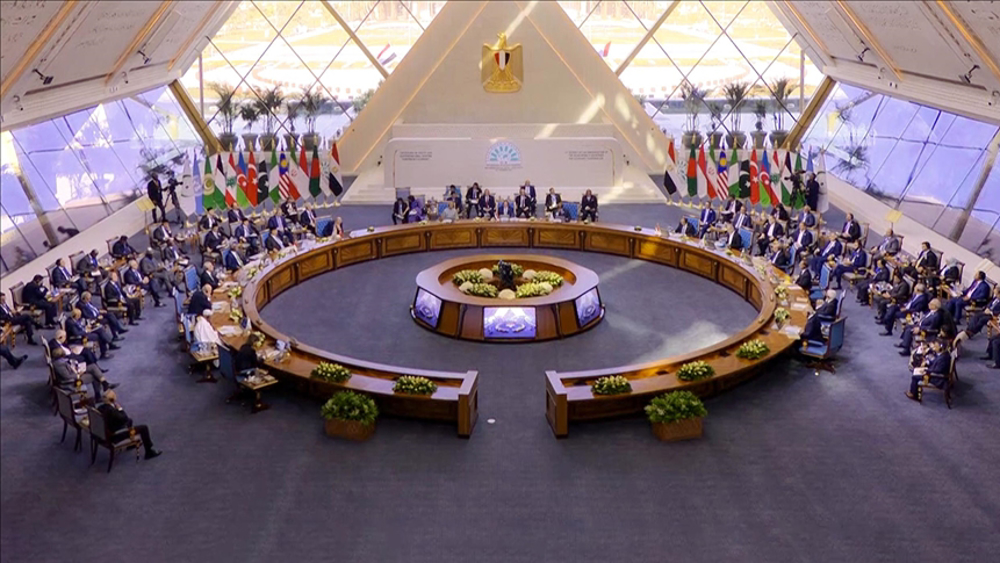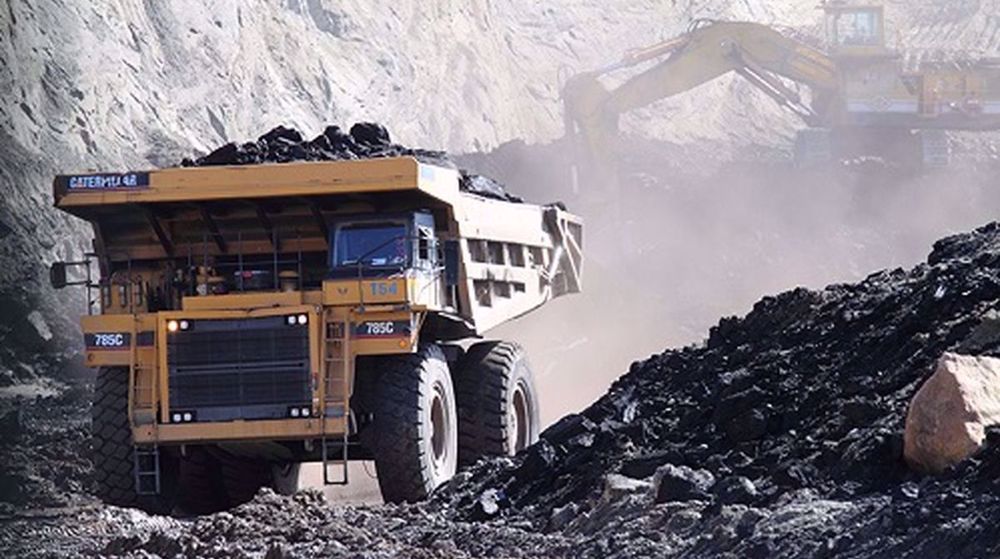India, Iran ditch US dollar and then see rise in trade
Iran’s switch to currencies other than the US dollar is showing the first signs of paying off.
Traders say Iran overtook Russia as the top buyer of Indian tea last year, after the two countries agreed on a rupee-rial trade arrangement.
The two traditional trade partners launched the arrangement to bypass restrictions imposed by the US, which has been pursuing a “maximum pressure” policy against the Islamic Republic.
“This boost really has come because of the rupee-rial trade arrangement that we have had with Iran,” Azam Monem, one of India’s largest tea exporters, told Bloomberg on Monday.
Monem, who is the director at McLeod Russel India Ltd., said India’s diplomacy should allow the country “to remain a partner to Iran” which is a key buyer of Indian tea and rice.
According to Bloomberg, Iran imported 53.5 million kilograms of tea from India last year, a rise of 74% from 2018.
The rise came even as Indian exports overall dropped 3% to 248 million kilograms last year as bad weather hit production in the crucial months of June and July.
Iran's Foreign Minister Mohammad Javad Zarif recently hailed longstanding relations between the two countries, emphasizing that relations between Tehran and New Delhi were unbreakable.
The remarks came less than a month after Indian media quoted Zarif as having said that India had actually put itself “on the receiving end” of US “bullying” by caving in to illegal sanctions and ending oil imports from the Islamic Republic.
“India has certainly taken a stance against the sanctions… so that’s been encouraging, (but) of course, we expected our friends to be more resilient vis-a-vis US pressure,” Zarif reportedly told a group of visiting journalists from New Delhi in November.
India was Iran’s second largest oil customer, importing 457,000 barrels of oil a day before the US unilaterally withdrew from the 2015 nuclear deal, officially called the Joint Comprehensive Plan of Action (JCPOA), in May 2018.
India stopped importing oil from Iran In May 2019 after the White house terminated sanctions waivers for major buyers of crude from the Islamic Republic in an attempt to bring Iran’s oil exports to “zero”.
In December, Iran and India agreed to speed up the development of Chabahar port which New Delhi views as a gateway to access Afghanistan and Central Asia.
Indian Foreign Minister Subrahmanyam Jaishankar announced the news after meeting Iranian officials in Tehran where the two sides took a stock of the state of bilateral relations after the US reimposition of sanctions on Tehran.
For Indians, Chabahar is on course to change the whole economic geography of the region because it gives them direct unobstructed access to Central Asia, to Russia and Europe.
Indian Prime Minister Narendra Modi has said his country would spend $500 million to develop Chabahar and related infrastructure to boost growth and spur the unhindered flow of commerce in the region.
Launched in 2016 between Iran, Afghanistan and India, the project has faced repeated holdups, however.
'Next to impossible' to rescue patients from Gaza's Kamal Adwan Hospital: Director
VIDEO | Vietnam current prosperity
Report blames gasoil exports for shortage at Iranian power plants
VIDEO | Hind Rajab Foundation names Israeli war criminals vacationing after Gaza genocide
VIDEO | Australians rally for Gaza ahead of Christmas festivities
VIDEO | Attacks on Sana'a
Iran reports further drop in annual inflation rate in December
Israel indicts two settlers over suspected spying for Hezbollah











 This makes it easy to access the Press TV website
This makes it easy to access the Press TV website